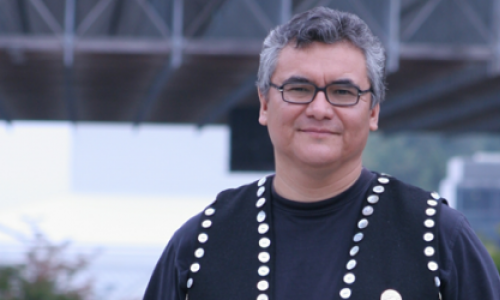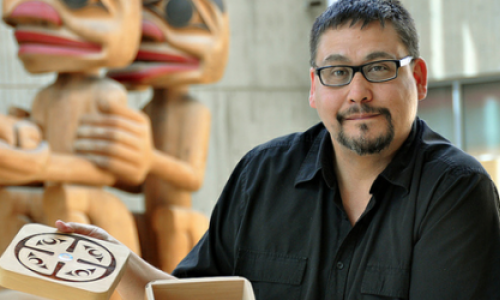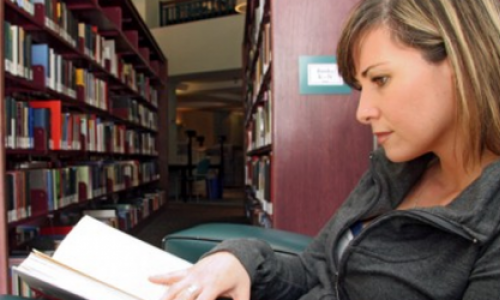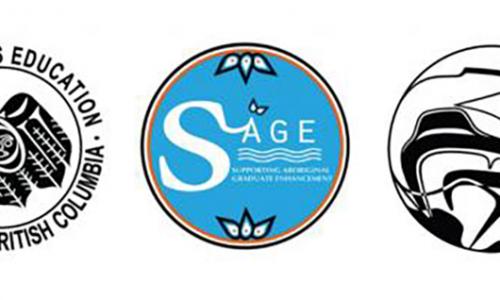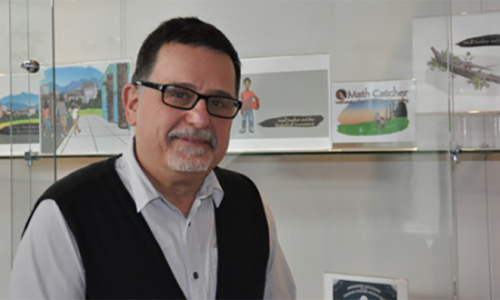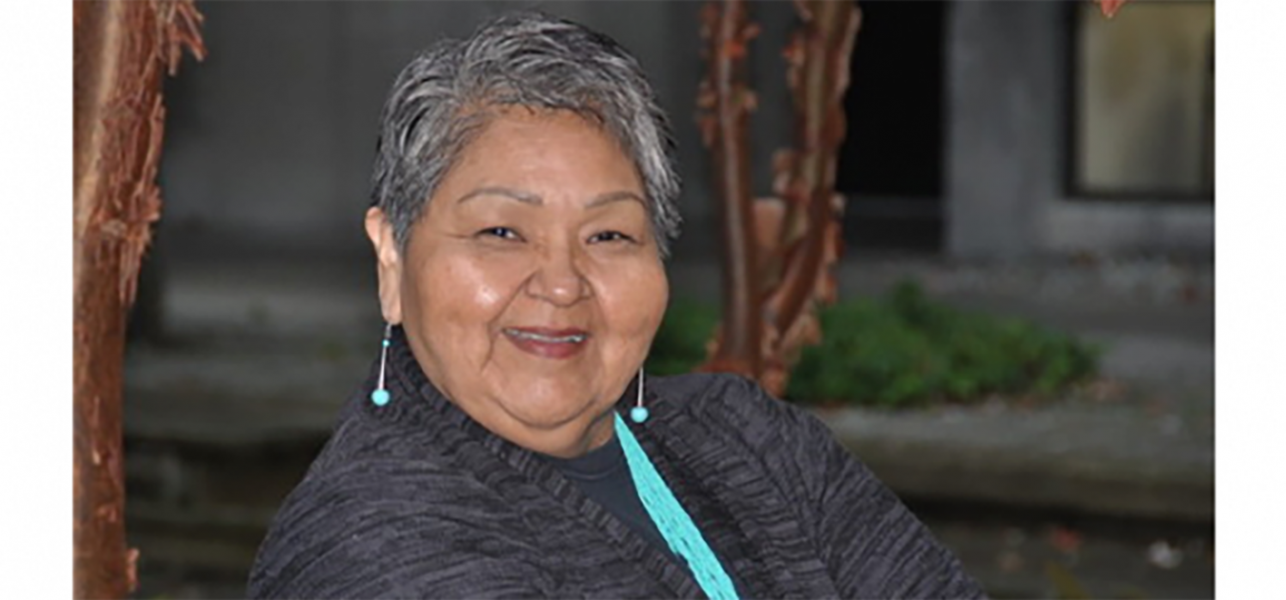
Each year, SFU selects two Aboriginal graduate students to receive Graduate Aboriginal Entrance Scholarships. The master’s degree, worth up to $30,000 over two years, and the PhD, worth up to $54,000 over three years, are both sponsored by the Office of the Vice-President, Academic. Candidates must have Aboriginal ancestry, a minimum grade point average of 3.5 (out of a possible 4.33), and have demonstrated outstanding achievement, with particular emphasis on intellectual ability, originality and ability in research. The successful applicants for the 2015 scholarships were Valerie Bob and Monique Auger.
At 58, Valerie Bob has had a long career in social services and education after earning a BA in social work and an MA in First Peoples’ education. Now, with the help of a Graduate Aboriginal Scholarship, she’s embarking on a PhD program that combines her interests in native language renewal and ceremonial music.
Bob’s Indigenous heritage is rooted in the Penelakut First Nation on Vancouver Island, and the Nez Perce Tribe in Idaho. Her Hul’q’umi’num’ dialect was spoken in the home but she was forced to lose much of her language during her school years in government church-run schools. Today, she is one of just 100 speakers who are semi-fluent in the language, while a further 50 speakers, all elders, are fluent.
Bob has been struggling to relearn her language for the past six years but hasn’t found it easy, since there aren’t many formal teaching resources.
And because she was punished for speaking her language at school, she sometimes still experiences a negative emotional reaction when trying to speak it.
“I can practice, practice, practice and sometimes it won’t come out,” she says.
But as a teacher, Bob noticed that First Nations children always respond well to lessons that incorporate traditional music. During a recent stint teaching Kindergarten to Grade 3, she experimented with her nation’s traditional songs, adapting them to teach basic Hul’q’umi’num’ sentence structure. She found it worked quite well.
That’s when she approached SFU education professor Donna Gertz about pursuing a PhD that explores ways to teach Hul’q’umi’num’ that incorporate traditional ceremonial music.
“I’ll be applying Indigenous research methods to my studies,” says Bob, which means she’ll be considering language learning from a traditional, First Nations holistic perspective. She’ll take into consideration the meaning of traditional songs within her language and culture, and also possibly produce some contemporary cultural songs suited to today’s learning environment.
Bob has also started a local language collective in Cowichan, B.C. that is writing and translating 100 stories into Hul’q’umi’num’. The group has written approximately 60 stories, and Bob’s contribution has been four stories, complete with illustrations.
“There is a lot of healing I’ve found in our culture, our songs and our spirituality,” she says, “and I felt that my studies should lead in that direction. It’s not about deconstructing First Nations education but about renewing it through our language, culture and spiritual songs.”










